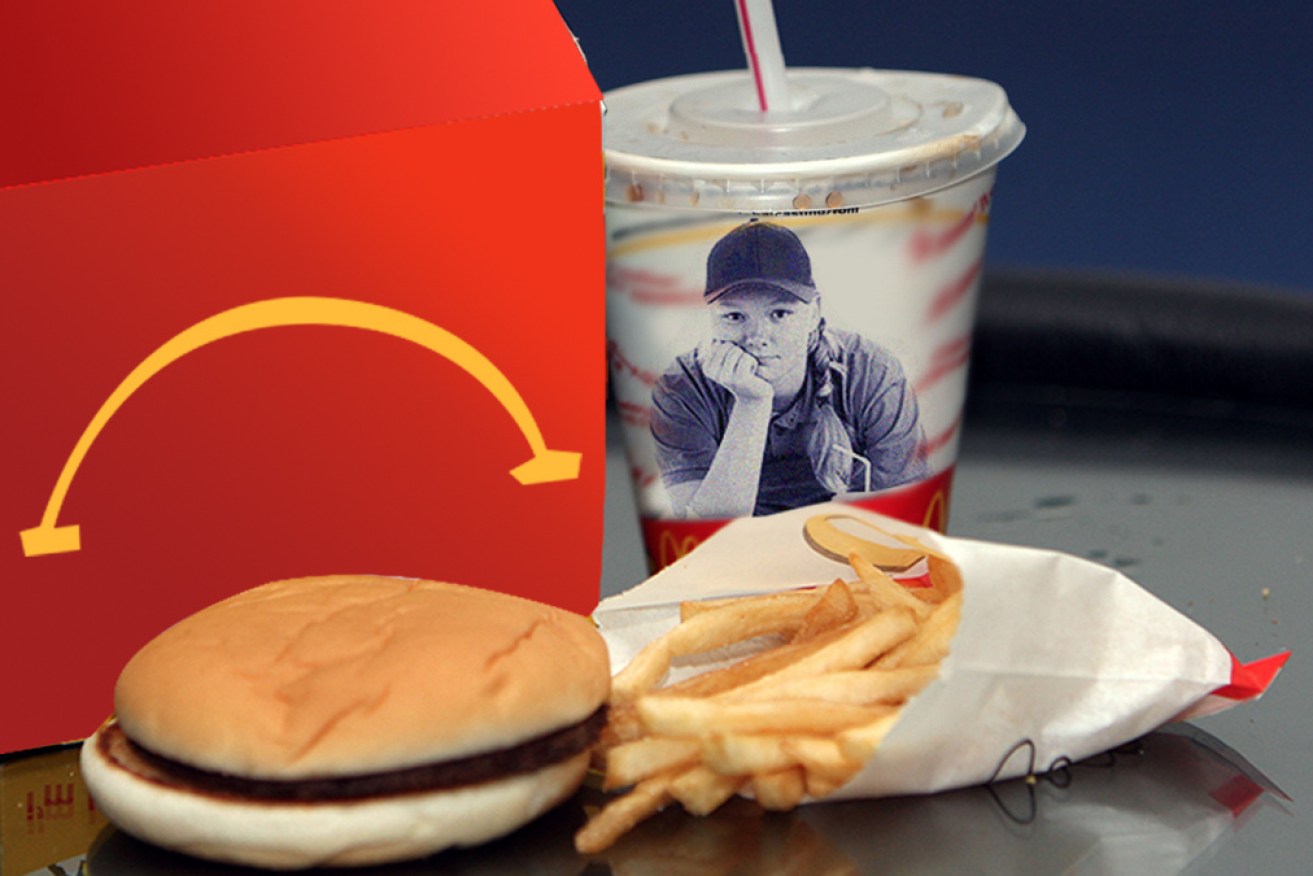Fair Work orders Macca’s to pay full penalty rates


The Fair Work Commission has ordered McDonald's to replace its EBA with the minimum industry award. Photo: The New Daily
McDonald’s has been ordered to pay staff full penalty rates for the first time in decades, after the Fair Work Commission (FWC) terminated its enterprise-bargaining agreement (EBA).
The decision means McDonald’s must rip up the agreement it struck with workers in 2013, and replace it with the minimum industry award by February 3, 2020 – a move that the Retail and Fast Food Workers Union (RFFWU) said would give the average worker an extra $1300 a year.
The 2013 agreement, which McDonald’s struck with the Shop, Distributive and Allied Employees’ Association (SDA), gave workers higher base rates in lieu of penalty rates.
But the RFFWU argued it left many workers out of pocket – and the FWC agreed.
After originally approving the deal in 2013, the FWC said on Thursday that swapping the agreement for the industry award would see many employees paid more and others paid the same.
It stopped short of ordering McDonald’s to backpay workers, though, on the basis that “such an order would be unjust”.
Tweet from @JimboStanford
McDonald’s crew trainer Xzavier Kelly brought the case to the FWC.
He argued that RFFWU analysis showed he would be paid $2.31 an hour more under the industry award than the rate of pay specified in the 2013 agreement.
The FWC accepted Mr Kelly’s argument and agreed termination of the contract was “appropriate”, as other workers were also being paid less than the award rate.
But RFFWU secretary Josh Cullinan said the enterprise agreement was only part of the problem.
He told The New Daily McDonald’s had a dark history of exploiting younger workers, who can legally be paid 50 per cent of the minimum adult wage, or as little as $8.43 an hour in some states.
He said McDonald’s gave casual workers fewer shifts the older and more expensive they became, as this saved money on their wage bill. (McDonald’s has previously denied this.)
And he said some franchises had denied workers rest breaks and sick pay.
“If [McDonald’s] was able to employ 60-year-olds at a 50 per cent rate, they would. They would not hesitate,” Mr Cullinan said.
“They’ve told us they won’t put in place ‘working with children’ checks, for their managers and franchise owners, because of the cost.
“The law doesn’t require them to have those checks, so they just don’t do it. This is the sort of employer they are.
“They’ve got a veneer of family respectability and support amongst schools and young workers, but really, when you scratch the surface, it’s a horrendous place to work.”

McDonald’s former bargaining agreement has been shown the door by the Fair Work Commission. Photo: AAP
A McDonald’s spokesperson told The New Daily every worker had been “paid what they are owed under the 2013 Enterprise Agreement that our workforce voted in favour of”.
They said 10,000 jobs had been created during the lifetime of the agreement.
And SDA national secretary Gerard Dwyer said the 2013 agreement paid a base rate “significantly higher than the Award base rate”.
He told The New Daily that SDA initially opposed Mr Kelly’s termination application as they were in the process of agreeing a better deal with McDonald’s when he lodged the application.
But the union later sided with Mr Kelly when McDonalds withdrew from the improved agreement.

Celebrity chef George Calombaris’s workers were short-changed to the tune of $8 million. Photo: Daniel Munoz/WireImage
The McDonald’s decision come amid a slew of underpayment revelations in the retail and hospitality industry.
George Calombaris’s hospitality group, MAde, was fined $200,000 for underpaying more than 500 staff a total of nearly $8 million in July.
And, in October, Woolworths admitted to underpaying 600 staff up to $300 million over the course of a decade.
Centre for Future Work senior economist Alison Pennington said companies had simply built underpayment into their business models.
“Some of our largest employers, like Woolworths, have feigned ignorance and said, ‘we didn’t have any idea this was happening’,” Ms Pennington told The New Daily.
“But with the resources these multi-million-dollar profitable companies have at hand … there’s no way this hasn’t been a deliberate plan.”
The non-union factor
Ms Pennington said such scandals were commonplace today because workers had much less bargaining power.
Only 9 per cent of the private sector workforce was unionised in 2018, meaning unions often lack the resources to negotiate strong agreements and conduct thorough compliance work, she said.
The current government has taken a strong anti-union stance, too.
And a shift towards casual, part-time work means workers feel too insecure in their jobs to ask for a decent pay rise.
“That, combined with full legal protection for free-riding and virulent anti-union policies … means everything is pushing against people coming together and being able to stem the tide,” Ms Pennington said.








